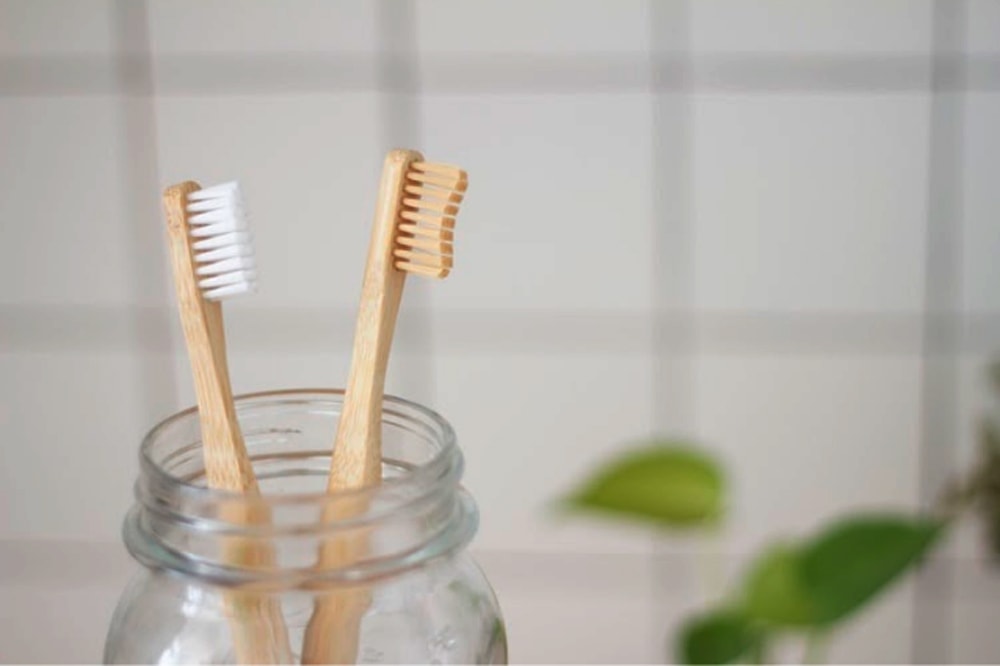Do you have a hard time eating ice cream? Does drinking coffee become stressful because you can’t handle the heat? Do you have a tough time flossing your teeth because your gums tend to bleed? Do you feel mild aches when brushing your teeth? If your answer to all questions is on the positive, then you probably have sensitive teeth.
Research shows that one out of eight people has sensitive teeth or dentin hypersensitivity. Most people feel it but fail to consult their dentist because people don’t give much attention to oral hygiene. Dentists only ever get consulted when patients feel severe pain and discomfort. This is not healthy. The disregard for good oral hygiene is irresponsible and it has to stop. A sign that you have been remiss when it comes to oral hygiene is when you have sensitive teeth.
Symptoms
Since people are not that conscious and dedicated when it comes to caring for their gums and their teeth, dentin hypersensitivity is often ignored. To know if you have one, check if you feel sudden pain and discomfort whenever you encounter the following triggers:
- cold foods and drinks
- hot food and drinks
- sweet foods and drinks
- cold air
- cold water
- flossing
- brushing
- alcohol-based mouth wash
- acidic food and drinks
Causes
But what causes sensitive teeth? Are people born with sensitive teeth? Thankfully, people are not born with sensitive teeth. Humans only become predisposed to having sensitive teeth when they have the following habits and lifestyle:
- usage of hard toothbrush
- rough, intense, and heavy brushing of teeth
- teeth grinding
- having a diet rich in acidic food and drinks
People with the following dental concerns also experience teeth sensitivity:
- gum disease
- tooth decay
- worn fillings
- fractured teeth
- exposed tooth root
- worn tooth enamel
People with healthy teeth have a good layer of enamel for protection. Those with sensitive teeth usually have a thin layer of enamel. This in turn allows external triggers like cold food and drinks to have direct access to the nerves and cells inside every tooth. This is the very thing that causes sudden pain and extreme sensitivity. Sensitive parts of the teeth can also be exposed when gums recede, this also causes pain and discomfort when external stimuli are introduced. The thinner the enamel, the more predisposed a person is to have sensitive teeth. It’s the most natural consequence because enamel covers and protects your teeth.
Treatment
Things are not hopeless when you have sensitive teeth. Depending on the gravity of the cause and lack in enamel, the following treatment can be undergone:
- Use of special toothpaste – The first thing that dentists prescribe to people with sensitive teeth is desensitizing toothpaste. Desensitizing toothpaste is effective in lessening the pain and discomfort because it has compounds that serve as artificial enamel and block the transmission of senses from the teeth to the nerves. Numerous application is required to totally reduce pain and discomfort.
- Gel fluoride – Dentists can apply a fluoride gel to boost enamel and block extra sensations from being felt by the nerves. This is an office treatment and only professionals can perform it.
- Crown bonding – This process is used for individuals with tooth decay. The crown inlay effectively blocks sensitivity in flawed teeth.
- Surgery – Surgery can be done to graft gums. This is done when much gum tissue has been lost. This surgery effectively protects the root and prevents sensitivity.
- Root canal – This is done in worst-case scenarios when sensitivity is intense and severe. This surgery entirely eliminates pain and sensitivity.
- Potassium Toothpaste – dentists also prescribe potassium toothpaste to patients with sensitive teeth. Potassium is effective in desensitizing nerves from feeling triggers. Specialized toothpaste for people with sensitive teeth always has potassium.
- Consult a dentist – Speak with an expert dentist in Joondalup who can correctly consult you regarding all your dental needs.
Prevention
You need not undergo drastic treatments and surgeries if you’re going to faithfully practice habits that promote good oral hygiene. The following tips and habits will prevent you from having to suffer from sensitive teeth:
- Brushing one’s teeth at least twice a day for two minutes.
Bacteria build-up can be duly prevented if you brush your teeth for two straight minutes twice a day. Bacteria build-up causes tooth decay that effectively removes your teeth’s enamel.

2. Usage of a toothbrush with soft bristles.
Harsh toothbrushing is stressful to the teeth and gums. It is too stressful that it even causes enamel thinning. Enamel is your teeth’s first line of defense. Once its thin, nerves can easily get exposed to external triggers like cold food and drinks.
3. Using a toothpaste with fluoride.
Fluoride is effective in boosting the health of your teeth because it can prevent tooth decay. Tooth decay is also one of the major causes of tooth sensitivity. When ignored, it can lead to the total exposure of nerves that causes severe pain and discomfort.
4. Gentle toothbrushing.
Using a toothbrush with soft bristles is not enough. You should also intentionally endeavor to gently brush your teeth. Most people are not conscious when it comes to how hard and heavy their hands can be when they’re brushing their teeth. Your toothbrush can effectively clue you in in this matter. If it’s only been two months and the bristles of your brush are already deformed, this means that you brush too hard. PRO TIP: The next time you brush, you can instead use the force from your arms and not your hands. This will significantly lighten the stress that your teeth receive.
5. Waiting for an hour before brushing your teeth after meals.
To further protect your enamel from unnecessary stress, dentists also recommend for people to not brush instantly after meals. You should instead wait for an hour so that your gums and teeth could at least rest first.

